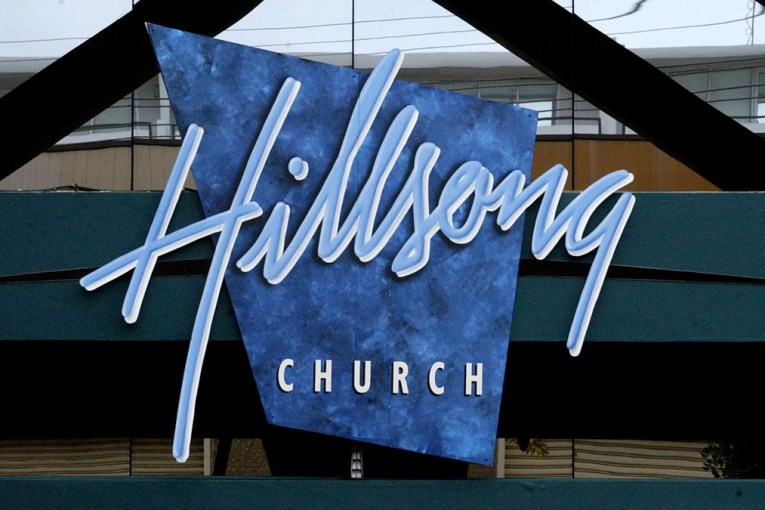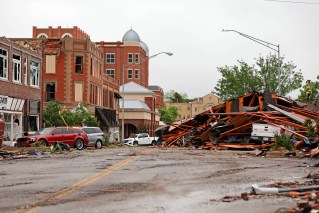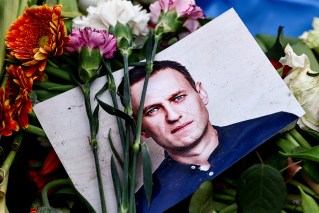Life in coronavirus lockdown hasn’t been so bad. But what comes next?
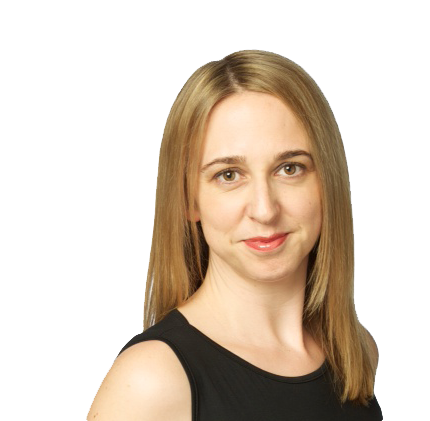
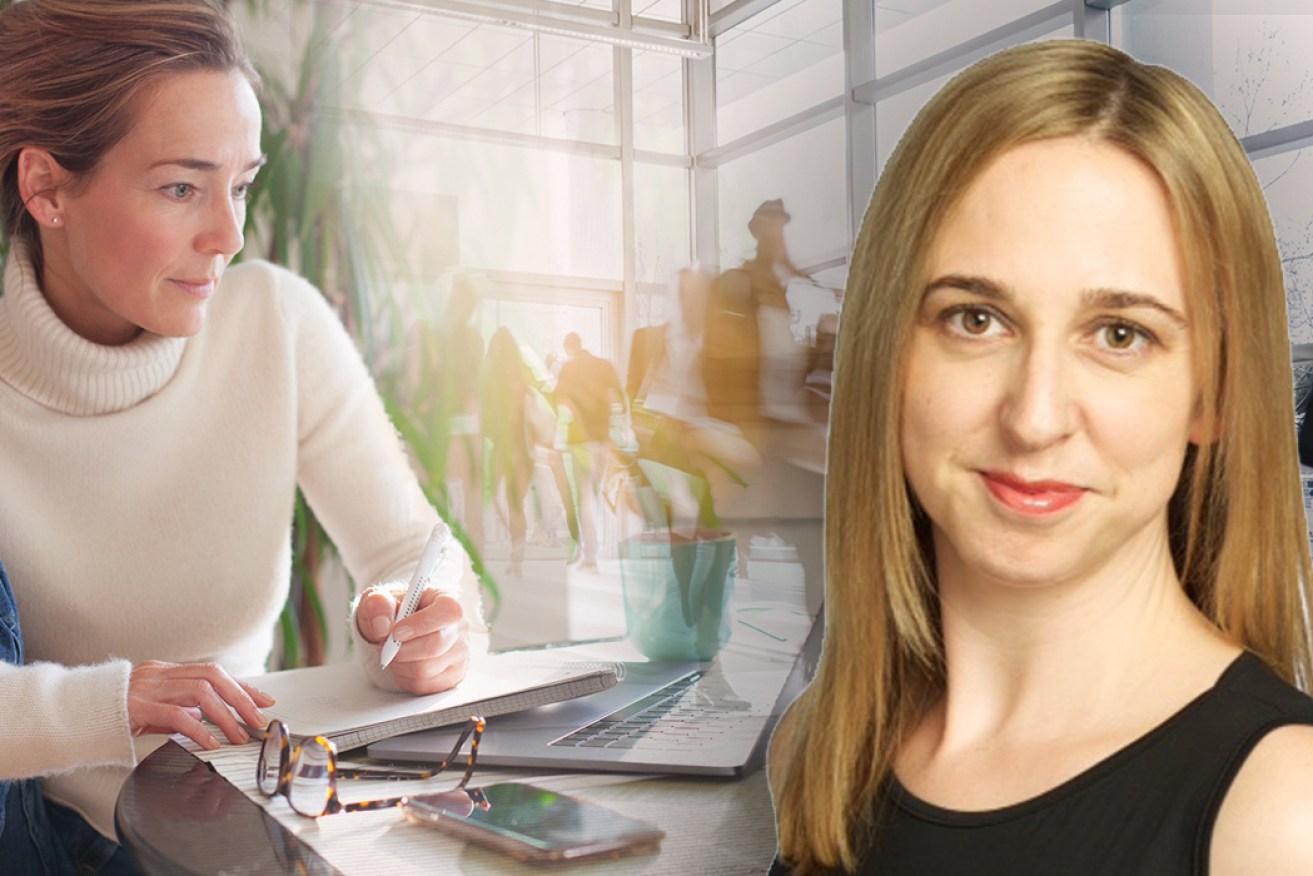
What come next after weeks in lock-down can be scary, Jill Starks writes. Picture: TND
The pace of this thing is dizzying.
How quickly our lives have changed in just a few short weeks.
It’s a perpetual state of readjustment as we absorb the unsettling reality that nobody really knows what’s coming next.
The latest unknown is what life will look like after lockdown.
While some people rejoice over the potential easing of restrictions, I find myself strangely nervous about a return to ‘normal.’
As challenging as isolation has been – I live alone so the lack of face-to-face contact has been especially hard – there have been unexpected upsides that I’m not ready to give up.
There’s no denying the first few weeks of the pandemic were tough.
As someone who grapples daily with anxiety, my brain grasped for stability, desperate to find some solid ground as the earth beneath me shifted.
But then, something unexpected happened.
A calm descended.
#Lockdown day 51.
Bossie starts imitating me.
I don’t think it’s funny! pic.twitter.com/KVHlHeOXyx— Yuki, 🦴afide (@LabradorYuki) May 7, 2020
My shoulders began to drop and the tension melted away as I surrendered to a scaled-back version of my usual life.
My world had shrunk but so too had my anxiety.
Life in lockdown is simple.
It’s slower, less frantic, reduced to the basics: eat, sleep, walk, take time to connect with the people I love.
I’m lucky to still have work, my health, and a safe place to call home, which I know makes self-isolation an easier ask than it is for some.
For me, fewer pressures and commitments means the chatter in my head has grown quieter.
The niggling FOMO (fear of missing out) that often accompanied my weekends has gone as I take comfort from the knowledge that all over the world, people are staying home, just like me.
Time with friends and family – whether via Zoom or for a weekly walk – has been more meaningful, more present.
Of course I look forward to the moment when we can be together again for dinners and drinks and dancing but the restrictions have changed these relationships forever.
Never again will I take for granted the simple joy of a hug.
But I’m still anxious about what comes next.
I’d prepared myself for months of self-isolation.
Now, just when I’m getting the hang of it, the goalposts have shifted again.
I worry that getting ‘back to normal’ will mean a return to the pressures that make 21st century living so stressful.
The ‘always on’ culture that has left many of us overwhelmed and over-scheduled has been exposed by this enforced slowdown as an unhealthy and unnecessary trap.
When I took to social media this week to express my anxiety about life after lockdown I was inundated with messages from people feeling similarly nervous.
One woman wrote: “I’m so much less stressed now, and can’t imagine being in the office all day and battling traffic for two hours a day. Of course we all want to be able to do what we want, see loved ones, go out freely, but there is something about the isolation that’s been good for the soul.”
Another friend said: “I’ve been totally content these past two months. I think I’ve discovered my true form of happiness: going nowhere and socialising via screens. Everything feels so much easier when my choices are limited.”
It’s no coincidence that we would feel calmer when faced with fewer options.
Tweet from @photojournalism
In his book, The Paradox of Choice, psychologist Barry Schwartz explained that the more choices we have the more stressed we feel.
In a consumer-driven, digital age where we’re bombarded with choice, our brains are constantly overloaded – leading not to liberation but paralysis.
We’re living in a time where we’ve never had more choice and yet rates of anxiety and depression are at an all-time high.
It’s not surprising that some of us would find this collective pause to be a moment of sweet relief.
I know that we can’t and shouldn’t stay in a locked-down version of reality forever.
People can get back to work so our economy must rebound.
Kids need to be in the classroom. Families separated by distance deserve to be reunited.
But my hope is that when we emerge from our cocoons we’ll take a moment to reflect on how we live.
Perhaps we don’t have to go ‘back to normal’.
Maybe this pandemic can teach us to pause and savour the simplicity of a slower existence.
Jill Stark is the author of When You’re Not OK, Happy Never After and High Sobriety
